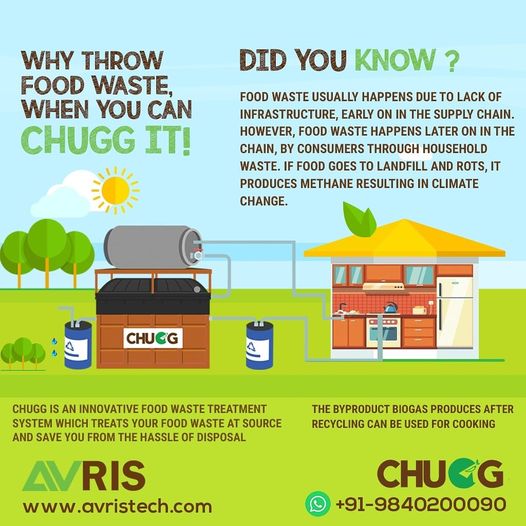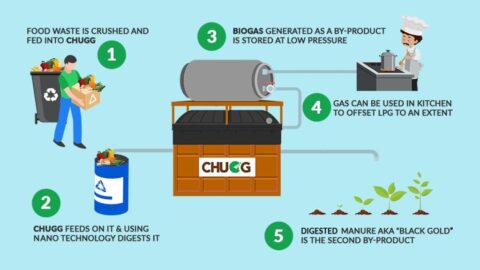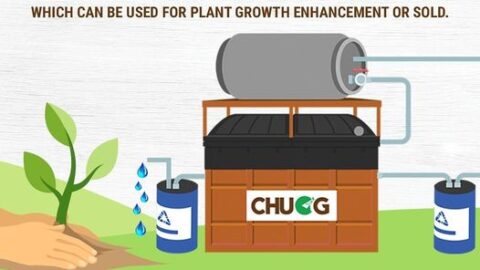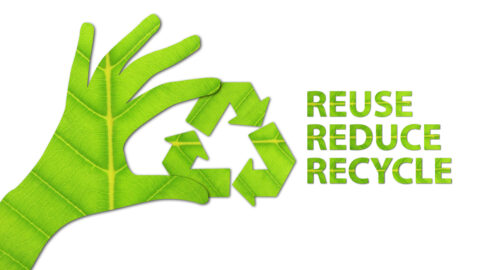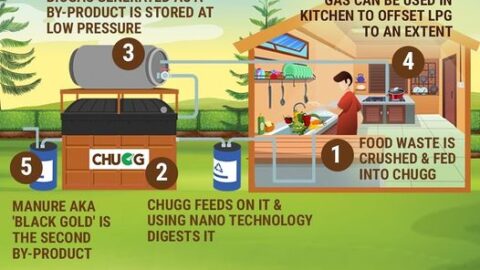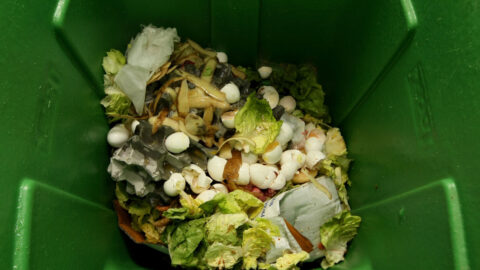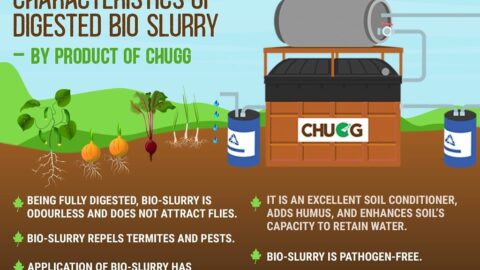There are many major environmental problems that our world is facing right now. Some of which are Industrial pollution, land degradation, Global warming, natural resource depletion, and many others. Out of this Global warming has become an undisputed fact about our livelihood. Our planet is warming up and we are the major contributors. But what we are unaware of is the impact of food waste on our environment.
Luckily most of us have access to a wide range of food products. However, the relationship we have with food wastage is becoming a global issue that needs to be addressed sooner for the betterment of our livelihood and the environment.
Why food waste is a global issue?
Roughly 40% of food produced is wasted annually, which is a major contributor to greenhouse gas emissions. The process of food waste happens from the beginning of the food supply chain due to bad weather, processing problems, over-production, over-buying, unstable markets cause food loss even before they arrive stores, poor-planning, and confusion over labels. Along with the fresh and nutritious food, we waste water used for agriculture, transportation of produce, and processing of food. In the end, all this comes with a heavy carbon footprint.
Food waste is the largest component of municipal solid waste. This is the reason behind Food waste management in India becoming tedious with an increase in population and landfills spoiling our environment. Did you know most of the solid municipal wastes are generated from Indian households? This wasted food is dumped in landfills and the absence of oxygen breaks down to form methane a greenhouse gas that is 86 times more harmful than carbon dioxide. Growing and transporting the wasted food that goes to landfills emits as much greenhouse gas as 39 million passenger vehicles.
It is very much evident that the problem of food waste is more than what we throw away. The global food system is responsible for about one-third of all human-produced greenhouse gas emissions. The fact that we carelessly waste 40% of food produced is one of the largest contributors to climate change. We all can help reduce this harmful practice by changing the way by which we shop, cook, and plan our meals. Here we list out few simple tips to reduce food waste, save money, and protect our environment at homes and help with food waste management as well.
Be mindful, buy only what you need
This one starts right from home when you preplan and write a grocery shopping list. Think about what you are going to cook the following week and write the list according. Also, check your refrigerator to know what you already have inside. At the store buy only what you need. It might be tempting to opt for a buy 1 get 1 free offer, but always stick only to what you need so that you will not be shifting the waste from store to home.
If you spot an ugly fruit or vegetable in a grocery store that is safe to eat, buy them. Because these fruits and vegetables are however left behind in the grocery stores for their physical imperfections.
Follow the FIFO method
FIFO stands for first in first out according to this method always what comes first should be used up first. For instance, things that are out of sight always fade away from your mind so it is wise to store your perishable goods in the order they have been purchased. When you bring new groceries home arrange in a way that the older products are at the front and the new ones are at the back. This way, you are more likely to use the older food items first before they go bad.
Know the difference between best buy vs best before.
Use by date on packaged food indicates when a product is no longer safe to eat. You ought not to eat, cook, or freeze it after the data showed, regardless of whether it looks or smells fine. Best before dates are a sign of quality rather than safety. You can still eat the food product after its best before date but mostly only the flavor and texture are not likely to be good. Use by dates is generally present on meats and dairy items, ready meals, etc. Always adhere to the instructions given on the food item for instance instructions like refrigeration or freezing. Else, it might not be a great idea to eat – even before its use-by date.
Best before dates are typically displayed on food items that don’t need refrigeration or freezing. For instance, dry pasta, bread, tinned food items, fruits and vegetables, and uncooked rice. The length of a food item’s best before life changes significantly between food sources. For instance: bread as a rule has best before dates of close to seven days, while tinned items can last for quite a long time. The way by which you store the food item additionally lengthens its best before life. For instance: keeping it in a cool, dry place, and lessening air exposure to the food item. You can even refrigerate some best before items, similar to fruits and vegetables, to extend their life.
Freeze them to last longer
Utilize your Freezer! Freezing is an incredible method to store most food items to hold them back from turning bad until you are prepared to eat them. Create an assigned space in your freezer for food varieties that you think will turn bad in a couple of days. At the point when you have too much food, freeze it before it gets spoiled or go stale. Keep a list of what’s in the freezer and when everything was frozen for simple reference. This makes it simple to utilize things before they pass their prime.
Check the temperature setting of your refrigerator. Keep the temperature at 40° F or below to keep food items safe. The temperature of your cooler ought to be 0° F. Freezing produce, meat, dairy—even beaten eggs! — is fundamental. Freeze in portions, utilize air-tight containers, and do an overview of what’s in the freezer from time to time, since nothing stays forever!
Donate and share leftovers
If you have more food available than you can consume or you need, consider giving your additional food items to a local food pantry or a food drive. Giving additional food that you don’t plan to utilize is an extraordinary method to lessen wastage while taking care of the needy in your community. There are a few food banks in India that are battling hunger, and malnutrition in the country while doing their bit to reduce food wastage and help the needy and environment as well. They work with the conviction that making new food to take care of the less advantaged isn’t required; diverting the overabundance can make a huge impact.
Be creative!
Use “ugly” fruits and vegetables to prepare smoothies and soups for your friends or family. Fruits and veggies don’t generally need to be thrown out because they are reaching the end of their pinnacle or don’t look good be imaginative and have a good time! Make new dishes and snacks with extras or things you think will turn bad if not eaten soon. Have a cook-off to discover who can prepare the best dish. Perishable food products can be made into nutritious smoothies or utilized in treats, while vegetables that are near to wilting can be made into flavorful soups or any creative recipe.
Repurpose food waste when possible
You cants save every last bit of your food items from going bad therefore, composting is a natural process where microorganisms biodegrade food waste, turning it into a dark, earthy, nutrient-rich material that promotes healthy soil. We can feed our nursery! Manure is an affordable option in contrast to store-bought fertilizers, however it’s ideal to adhere to plant-based food sources.
Recycle kitchen waste
Kitchen scraps and food wastes can be recycled efficiently using the CHUGG-food waste treatment system in India which feeds on your food waste every day to produce two environment-friendly by-products namely Biogas, and bio-slurry. Biogas offsets your LPG bill and replaces the use of fossil fuel thereby eliminating the emission of greenhouse gases into the atmosphere. Bio-slurry on the other hand is nutritious manure that is rich in all nitrogen, phosphorous, and ammonia. When bio-slurry is applied properly on plants it is proved to enhance the growth of the crops and reduce weed growth by 50%.
India can follow the above-given tips they are simple and easy to adopt. Yet, it is impossible to save every last bit of your food product so let’s stop throwing them on landfills and recycle them using CHUGG as it produces Biogas and manure which can offset your investment.

